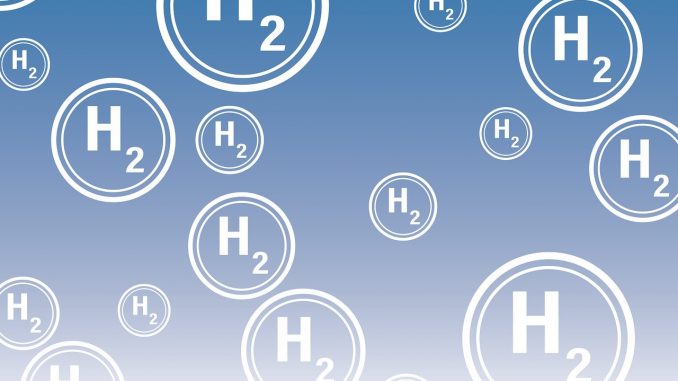
A new study has revealed that the green hydrogen export programs to Europe set up by Morocco, Algeria and Egypt are not economically feasible and are totally unrealistic from an energy transfer point of view.
At a time when Morocco, Algeria and Egypt have formed partnerships with many European countries to produce green hydrogen and export it to Europe, taking advantage of its geographical proximity and large resources of low-cost renewable energy, concludes the study published by the Dutch research center Transnational Institute and European Companies Observatory in Brussels, production costs make the fuel 11 times more expensive than natural gas, without taking into account storage and transportation costs.
The North African countries present themselves as an ideal partner for the European Union in the field of green hydrogen production, and they dream of making huge profits from these exports, according to the French-speaking platform Agnès Ecovin.
The study has frustrated the hopes of Morocco, Algeria and Egypt, while the European Union aims to import green hydrogen up to 10 million tons per year by 2030, especially with the war in Ukraine and the need to reduce dependence on Russian gas.
In recent months, several giant green hydrogen projects in North Africa have been announced, including France’s Total Irene, which has decided to build a $10.7 billion facility at a giant 170,000-hectare site in Morocco.
Norway’s Scatec Group has also signed an agreement to build a green hydrogen plant in Egypt with an investment of $5 billion, while Germany has allocated two billion euros ($2.13 billion) of public funds for green hydrogen partnerships in Morocco, Namibia, the Democratic Republic of Congo and South Africa.

Be the first to comment